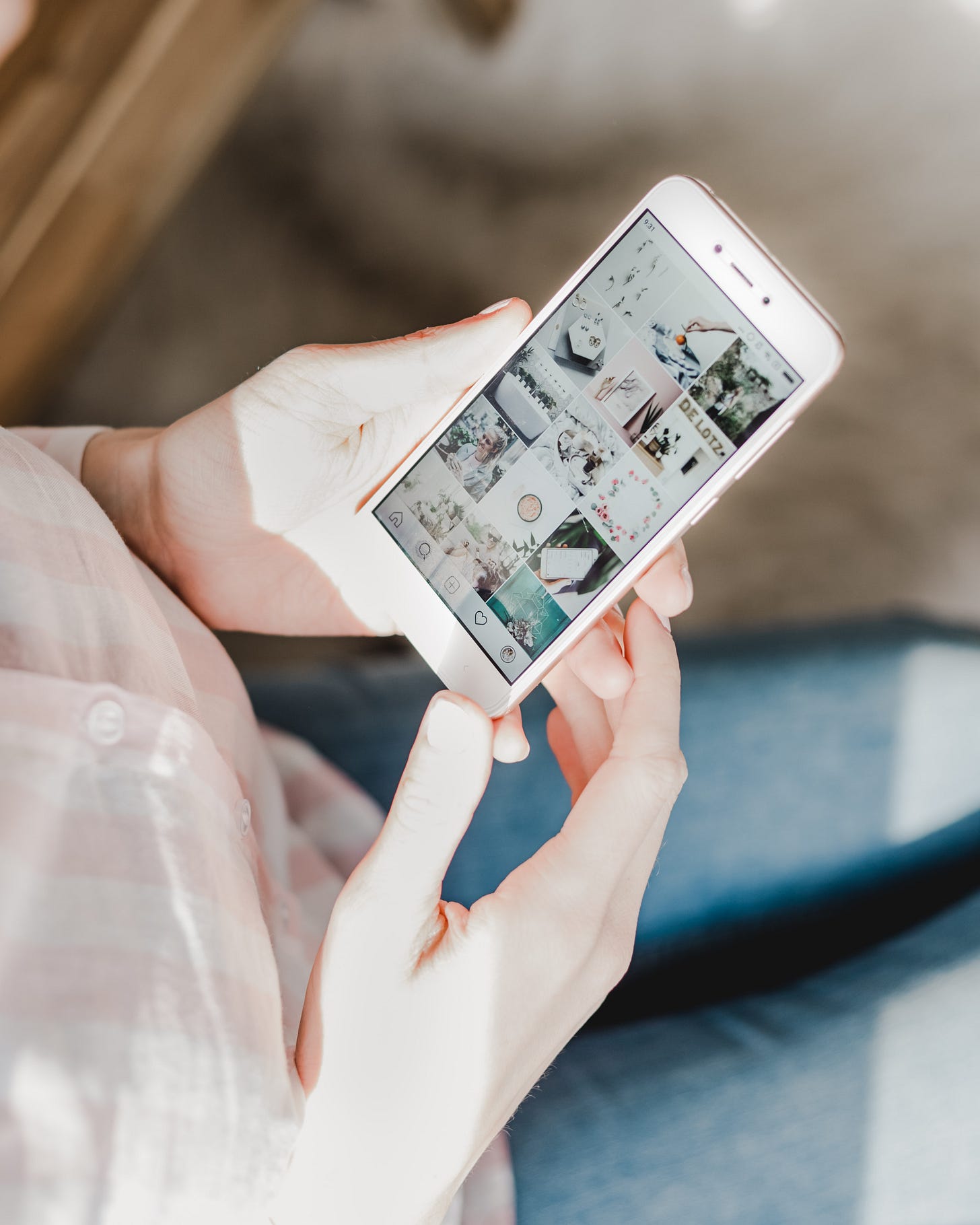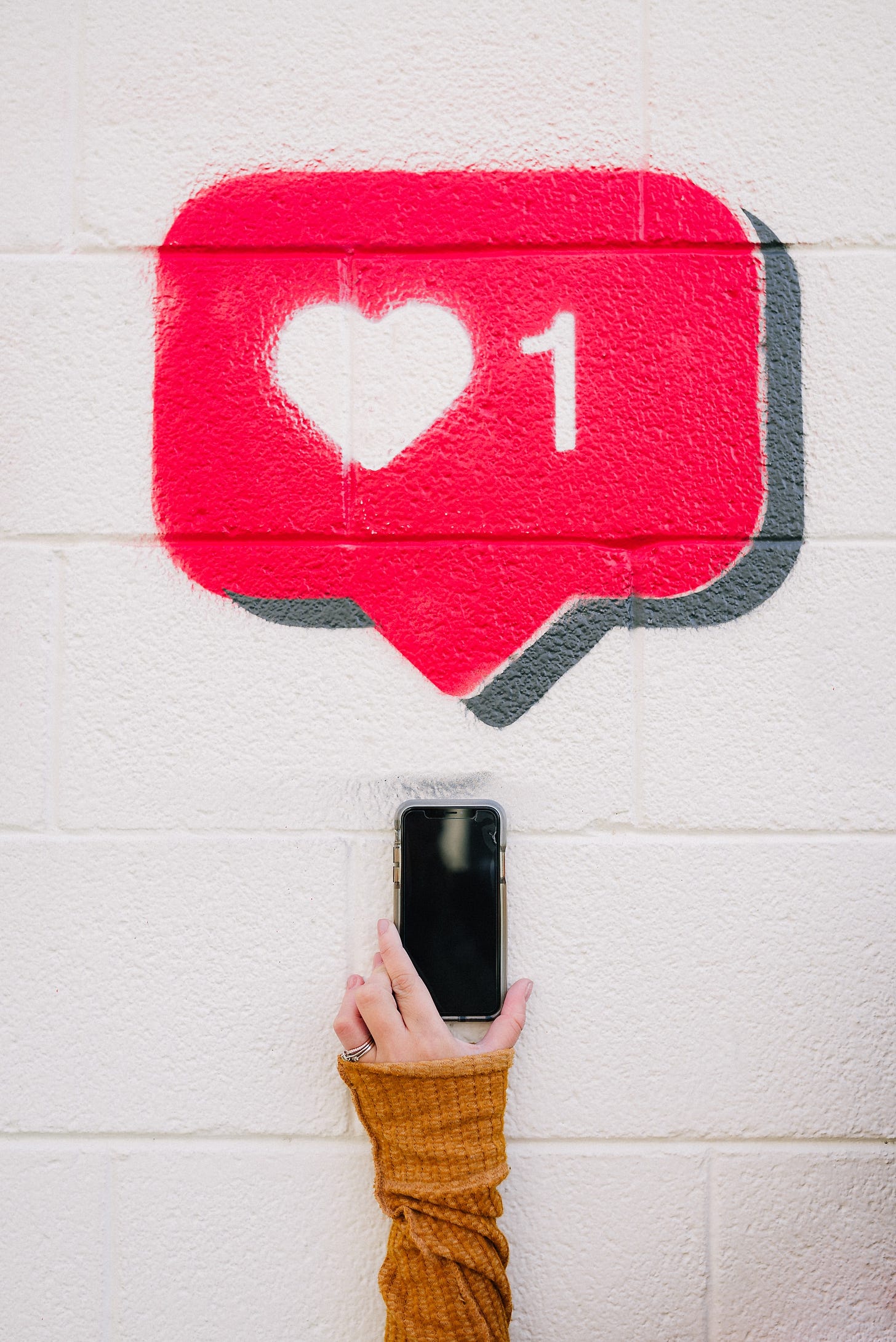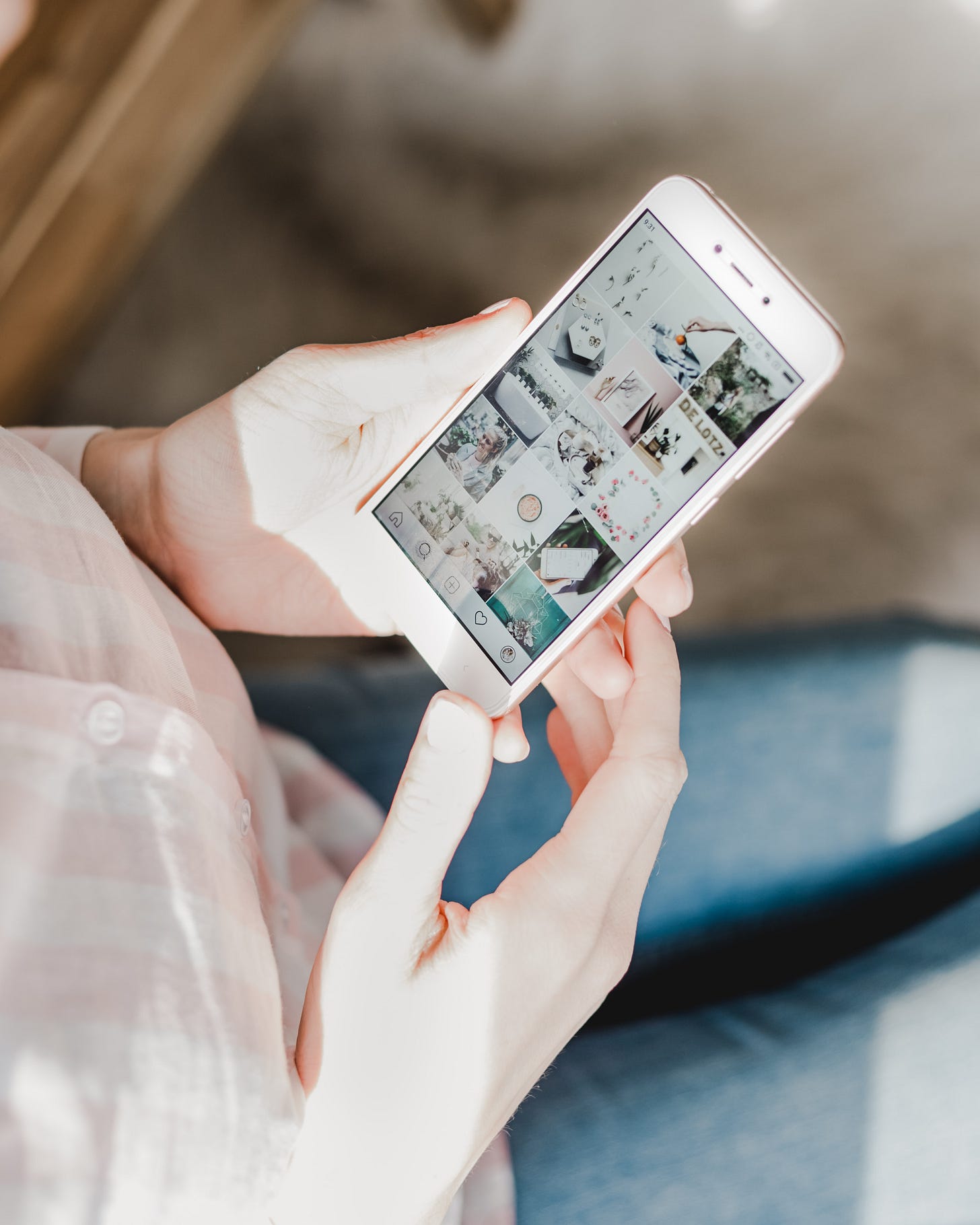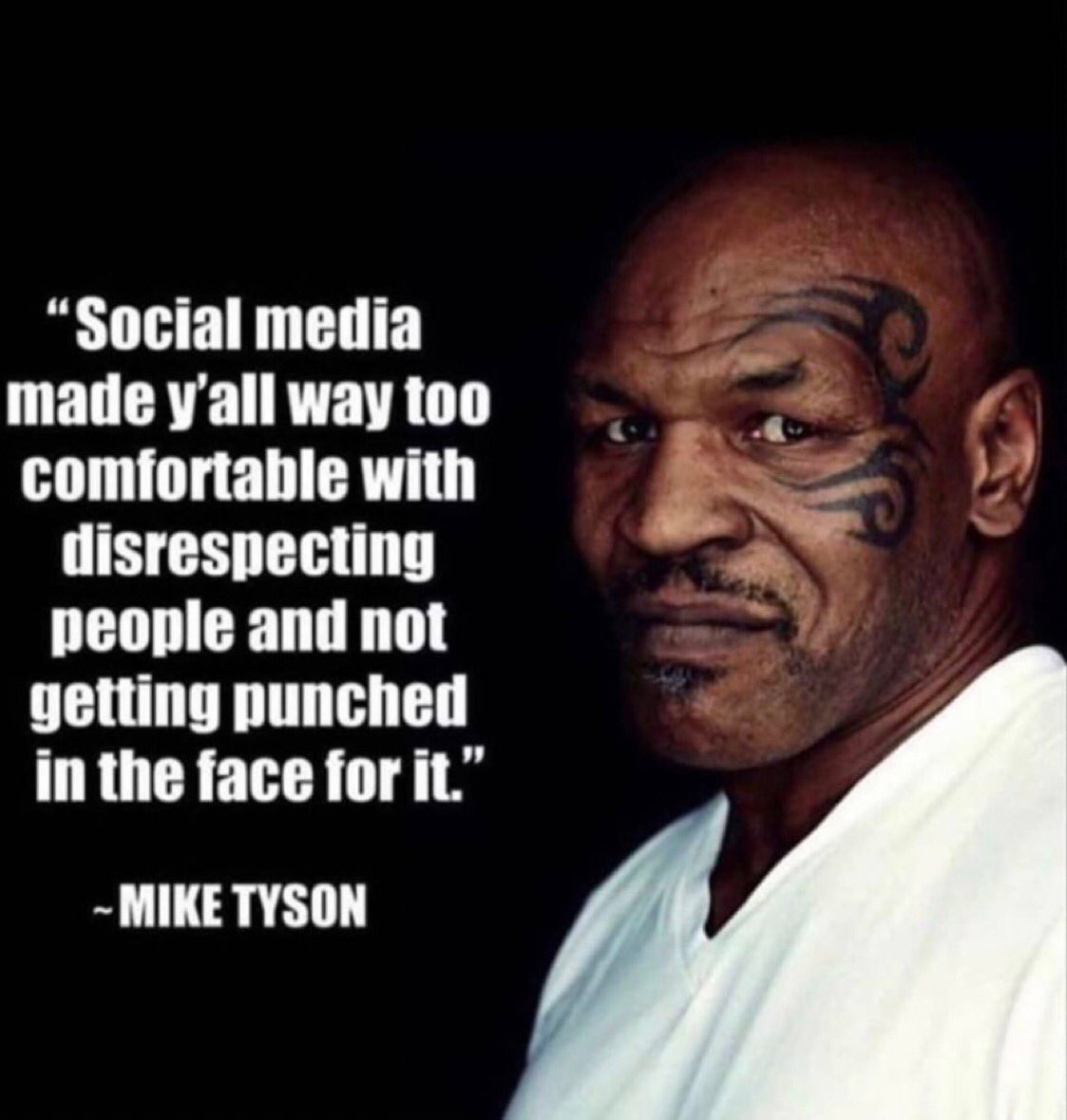The compassion deficit
What's causing it? What are the impacts? And what, if anything, is the shamanic solution?
Have you noticed it? The seeming disappearance of day-to-day, human-scaled compassion?
I certainly have. A tangible, measurable shift from the “before times”, pre-COVID. We seem to have morphed into an entirely different society- and perhaps species- in just a few years, and I’m not sure we’re all as compassionate as we claim to be.
I mean, if you collected data measuring content across social and legacy media in the last decade or so, I think you’d see an overwhelming explosion of references to safe spaces, inclusion, empathy (and empaths, in particular), and social justice causes in the last two years.
So, if this is what we collectively claim, why is there such a deficit of this supposed compassion in real life?
Or, put more simply: if we’re all insisting we’re the good guys now, why is everyone being such a c*nt?
And, because of what I do for a living, I’m encountering the energetic damage from this trend during my client sessions. Some of this stuff might, at first glance, seem small or inconsequential. But, as a shamanic energy worker, I can tell you that it leaves a mark. On a personal note, I feel myself growing increasingly trepidatious about leaving the house or interacting with others, a new reluctance that forces an exhausting cost/benefit analysis of any interaction, collaboration, or event.
It seems we’re all feeling the ick. And, based on discussions with clients and friends, it also seems like we’re internalizing this trend like it’s unique to us. I’ve noticed people carrying a new, secret sadness mixed with shame, wondering what they must have done to have been treated so poorly so often.
I mean: we can all be c*nts from time to time…but this Compassion Deficit is a pronounced, macro-level trend. That means, it might not be you that’s causing the problem. And that knowledge can free us from energetic bondage.
To that end, I’ve been reflecting on this shift, noting the findings that come from interacting so intimately and energetically with the public at large, and working to define the phenomenon and (hopefully) ascertain some potential solutions to get us out of our compassion deficit:
Algorithmic Personality Disorder (APD)
So, social media is breaking brains. I know that this isn’t shocking news, as it was already the center of The Social Dilemma documentary, as well as several books, including Amusing Ourselves to Death and The Coddling of the American Mind. But I’ve also been encountering a phenomenon that has not been specifically addressed by these previous works: a burgeoning explosion of what appears to be a social media-induced personality disorder. And, more specifically, that disorder seems to mirror many (if not most) of the attributes of clinical narcissism.
The other day, I referred to this as Algorithmic Personality Disorder (APD) when talking to my husband.
I first noticed this APD germinating during Covid, assuming that it was just a reaction to unprecedented financial, professional, and personal stress- culminating in an inward, self-oriented response that would dissipate as society returned to some semblance of normal. But, as we come out of the lockdowns and intensity of the last few years, it doesn’t seem to be retracting back to its former shape.
At all.
Rather, it seems like regular- and perhaps intensive- use of social media is literally rewriting the neural pathways in peoples’ brains, dramatically shifting their thinking, behavior and dynamics with others such that they conduct themselves IRL (that’s “in real life”) as though they are online. Like, social media has become the only reality that matters to them now. And this is a common cognitive attribute of cult members, whose “normal thinking” has been replaced by the thinking of the group and, primarily, its nasty, exploitatative leader.
This, in turn, has manifested in several dramatic shifts, including:
The emotional blowjob
Otherwise known as the feedback loop and/or echo chamber, the “emotional blowjob” I’m referring to is fairly simple: unlike real friendships and relationships- which often challenge and check us and keep us emotionally honest- social media will serve up people from all over the world that agree with our assertions, if not seeming to soft-worship us for being a member of the tribe and having the temerity to “dunk” on the other time….regardless of the merits of our assertions.
An example: Someone has built a steady online following, with perhaps 3K followers. They start sharing some of the personal and professional hardships they are experiencing, and receiving copious amounts of notes, posts and messages effusively supporting and comforting them. But, IRL, their friends are busy with their own challenges, families and businesses, and while their friends may care and want to help, they are unable to provide the constant intravenous drip of social media heroin they get whenever they log into Instagram.
Now, this continues, but it shifts and evolves. This individual now ONLY goes to social media for “love”, as it gives them the dopamine hit and affirmative bullsh*t they so desperately crave. But this cuts out a crucial governance stage gate of self-awareness: real friends. You know: the ones that, out of real love, ask tough questions, give you an objective sounding board, and sometimes check your ass for your own benefit.
And this individual may find their real friends’ mortal constraints or differing viewpoint as an assault on the senses, retreating further and further into a false Matrix populated by avatars and personalities that “love” them.
Why embrace a relationship that challenges you when you can bathe in your own metaphorical greatness? Breathe in your own self-indulgent flatulence?
Well, it’s so you don’t turn into a narcissistic monster, of course. But that’s a hard decision to make in the moment as a (social media) addict, isn’t it?
Priorities
Social media has seemingly transformed sincere, authentic individuals that value genuine human connection into a kind of superficial doppelgänger. This body-snatcher replacement now spends hours a day working to convert the goodwill of followers into currency and eminence in the proverbial public square.
Example: perhaps someone had a really hard time during Covid, but found an online “community” that supported them- and especially supported their business. Now, instead of pivoting back to real relationships and business fundamentals, they continue to double down on their investment in the shadowlands of technology, prioritizing time and energy spent online over that spent in actual reality.
What’s more: if you can’t do something for this person or their business- i.e. be of use, contribute followers, or help them make money- they’re inclined to not prioritize you. After all: there are only so many hours in the day, so if they’re not getting exactly what they want from you, they’re going to press the other button that feeds them money, influence, hopeium, or “love” as and when they need it. Like one of those rat studies where they are given the choice between cocaine and water.
And guess what happens? Yep. Those rats love that sweet, sweet cocaine. Even if it means their heart eventually explodes.
This is a hallmark behavior of the narcissist, who views other people as either tools or obstacles- not as sentient, feeling beings with personal autonomy, feelings, and intrinsic worth. So, if you’re feeling like you’re playing second or third fiddle to someone that used to be your equal, you’re not crazy. You’re just watching the sh*t show unfold in real time.
Communication style and tone
Mike Tyson said it best:
“Owning” the “other team”, “dunking” on them, or “burning” them with your bullet point, keyboard-warfare is now the norm in our social discourse. We’ve all been emboldened by the emotional and psychological distance a screen provides to us at one point or another, perhaps forgetting that on the receiving end of our missives is another human being with feelings, thoughts and their own day-to-day challenges.
Example: My husband is a chef, and there was a fascinating exchange at his restaurant the other day. A woman wanted to dramatically alter a dish on the menu such that it didn’t even remotely resemble the original version. What’s more: she wanted ingredients added to it that the kitchen simply didn’t have available. Her response when the server said, “We can’t substitute that item that way, but here are some other options…”? She got irate and yelled, “What’s the matter? They don’t have the IQ between them (gesturing to kitchen) to figure it out?!?”
Yah. She did that. An otherwise “civilized” human being who probably thinks of herself as being on the right side of history: her political views, social views and social media content are all likely dripping with references to compassion, empathy and virtue. Black squares and rainbows and proper pronouns: she probably had the whole kit.
And yet, in real life, she’s quite the c*nt, isn't she? Some might say, a bit ableist?
Real life is not Twitter, Instagram or Facebook. And what we may have gotten used to on our screens does not necessarily translate into appropriate communication in real life. And we need to check ourselves before we wreck ourselves.
What’s more: no one present for this situation “liked” her “post”. And she quickly realized the horror that she was the bad guy, this was real life, and no one was giving her “snaps” for her “burn”.
Serves her right. Next time, just get the f*cking breakfast sandwich. I mean, we’re not splitting the atom here.
Permission to ghost
This is perhaps the worst behavior to come out of social media’s spell over us, and it’s hitting the majority of my clients, leaving a gaping energetic wound in its wake.
Ghosting is defined as, “the practice of ending a personal relationship with someone by suddenly and without explanation withdrawing from all communication”.
Yah, it’s not a cool thing to do to someone else.
Now, none of us have to be friends with anyone else. We don’t have to continue to date someone we don’t like. We are empowered adults with personal autonomy, and we’re not obligated to be enmeshed or wrapped up with anyone that’s not good for us. We don’t even owe them an explanation.
But it’s deeply destructive to not communicate this to the person from whom you want to withdraw. It leaves them confused, hurt, and unable to learn from the experience. It leaves the ghosted individual feeling rejected, disposable, and unworthy. And, from an energetic perspective, it does real damage that can echo, distort, and negatively impact the ghosted person’s life.
Example: I have a client who’s been best friends with someone for more than three decades. And they weren’t just a good friend to this person: they were a caregiver, who helped their friend navigate a challenging health condition and set of life circumstances. This friend was essentially a family member, often doing tasks that relatives would typically undertake. Simply put: they were of service to this friend for a very long time and in a really real way. So, when their best friend just stopped talking to them and stopped responding to texts or messages, it was like a sucker punch to the soul. What’s more: the ghosted person internalized this as a rejection, coming to the conclusion that they did something bad or wrong or had somehow become an undesirable, unlikable person deserving of abandonment.
This has been showing up more and more in TOTEM Energy Sessions, with a kind of metaphysical car crash accumulating in the heart chakra. At first glance, a platonic friendship may not seem as intense as a romantic one, but from an energy body perspective they absolutely are- if not more so!
Allegory of the cave
I’m sure Greek philosopher Plato never predicted the scourge of social media, but he sure did understand human nature. In this clip (see below) from the excellent television show Legion, we see how APD aligns with Plato’s allegory of the cave and, perhaps most importantly, how and why is causes real damage to real people:
My clients have described this experience to me over and over again in sessions, a series of vignettes that read a bit like scenes from Invasion of the Body Snatchers. It walks like my friend, talks like my friend…but it’s not my friend.
The solution?
While we can’t control the c*untiness of others (technical term), I’m finding that we can check ourselves before we wreck ourselves with a focus on:
Healing Inner Child wounds: energetically, it seems like we’re particularly vulnerable to the digital heroin, false “love” of social media when we have un-healed inner child trauma. After all, this is all about getting the feeling of unconditional love, being affirmed, and being accepted and celebrated without the boundaries or borders that come from real life. We can do this work in therapy, via Shamanic Soul Part Recollection Journeys, and even with just a simple journaling project in 2023. We’re focusing on this topic in our upcoming Nurture Your Inner Child Virtual retreat, taking accountability for our side of the street and working to make ourselves whole, happy and healthy after the trauma of the holidays. Check out the details and/or register here, using code “TOTEM” to save $20: https://www.eventbrite.com/e/nurture-your-inner-child-immersive-virtual-weekend-workshop-tickets-439723002337
Prioritizing self-care: we won’t be so vulnerable to algorithmic exploitation and distortion if we’re grounded, healthy and happy- in real life. Are there things about your real life that are making you unhappy? Elements of your work life or business model or dynamics with friends that make you uneasy or unsatisfied? Work on that stuff and then hit the scene on social media. The best way to tackle self-care? Take care of the fundamentals. Are you working too much? Shift things around so you can exercise daily, take an afternoon coffee break, or otherwise reconnect with the real world and yourself. Do you feel that some friendships or working relationships are out of balance? Manage your own participation in this and put yourself first for a bit. It sounds simple- or maybe even stupid- but, when we chill out and go get a massage or take ourselves to an early dinner, we can recenter and recalibrate- and we may not need so much of the digital Soylent Green to eat. And when we give ourselves more of what we need, we inevitably seek less of the fake stuff from an external source.
Taking a digital detox: trust me on this one, you need a break from social media. Like, every week. I dedicate one day a week to be away from all social media and, when I can, be away from all screens. Full stop. This includes our computers, televisions and more. It’s crazy just how powerful the perspective shift is, and the reminder that this is real life- and social media is not- is the best medicine we can give ourselves. And don’t worry: you’re not missing anything. You’re not falling behind. As rude as this sounds, you’re not actually that important. Everyone’s lives will continue while you explore the wonders of real life;)
Manning up: If someone has done something that hurt, bothered or damaged us, we need to start talking about it- to the actual person. Social media, online dating and remote work has made us all more passive aggressive, and I’m not sure we needed the boost in the first place. Want to stop talking to a close friend? Want to get some distance from a business collaborator? Tell them. Be nice but be honest. Not only is this the humane, adult and spiritually-responsible thing to do, but it just may generate some positive surprises. That thing that was bothering you? Maybe it was a miscommunication. Maybe you were distorting its meaning, and now you don’t have to be upset about this or lose a dear friend in the process. You’ll never know if you don’t talk about it, so at least give it a try.
The upshot
So, what should we all take away from this? Well, on this Full Moon in Cancer- and the start of a new year- I’m going to set the intention to cut cords with the digital hungry ghost of social media. I’ve engaged a trainer to hold me accountable for a minimum of 10,000 steps a day and a certain focus on meal prep, quality food, and self-care to ensure I don’t veer off of my real life-focused path. I’m going to keep doing business the way I have for the last decade: focus on real work for real people with real impact. I’ve promised myself that I won’t get stuck in the magical thinking that can come from daydreams of what social media can bring.
After all, if something is free, you are the product.
And from a shamanic perspective, I’m going to reconnect with my spiritual roots: Shamanic Soul Part Recollections, energy work, divination, flower essences and herbal remedies. You know: the stuff that’s been with us for thousands of years and still works, despite not having a marketing budget or Big Pharma brand.
And I’ve already started the process of communicating directly when I’m uncomfortable. No ghosting, no muting, no wondering or distorting or fun house-mirror thinking. And guess what? It’s been awesome. Everyone has been so awesome. And I’ve actually gotten closer to really good people, further building real bonds and friendships and collaborative relationships.
Yes, I get nervous. Yes, I hate conflict, too. But we owe transparency to each other, and in addition to avoiding doing harm to others, we’re also taking care of ourselves and our energy bodies when we dig in for the hard, real truth.
And if I ever feel like popping off about modifying a breakfast sandwich in a restaurant, I’m going to take a beat to check-in. Remind myself that the employees and fellow diners are not shadow people avatars. That they’re people, with feelings and with silent struggles I’ll never know about, and likely have harder lives than me.
Odds are, I’ll just order something else from the menu and listen to a nice podcast in peace.
Let’s start a retro movement of returning to our humanity. Let’s give the AI gods a real fight, instead of rolling over and exchanging our souls for a little dopamine.
Trust me: we’re not getting the better end of that deal.
So, let’s negotiate a better contract with ourselves, our devices, and each other.
Humans are divine. Remember this. And, whenever possible, treat yourself and those around you accordingly. Let’s convert our Compassion Deficit into a surplus!
Happy Full Moon and Happy New Year All!
-Rachel










Rachel, you really just nailed so much of what I'm feeling right now. Thank you. I'm working on a piece about Inner critic and shadow work and I have been reflecting on some really shitty interactions on social media between people I care about and respect. It feels really tragic when people have forgotten how to be people and live in a world of "shadows". I really appreciate your wisdom on human nature, it gives us pause on our own behaviors too.
The time, effort and care in your writing is such a gift. Thank you for taking the time to go deep and explore the topics you share with us. xoxo